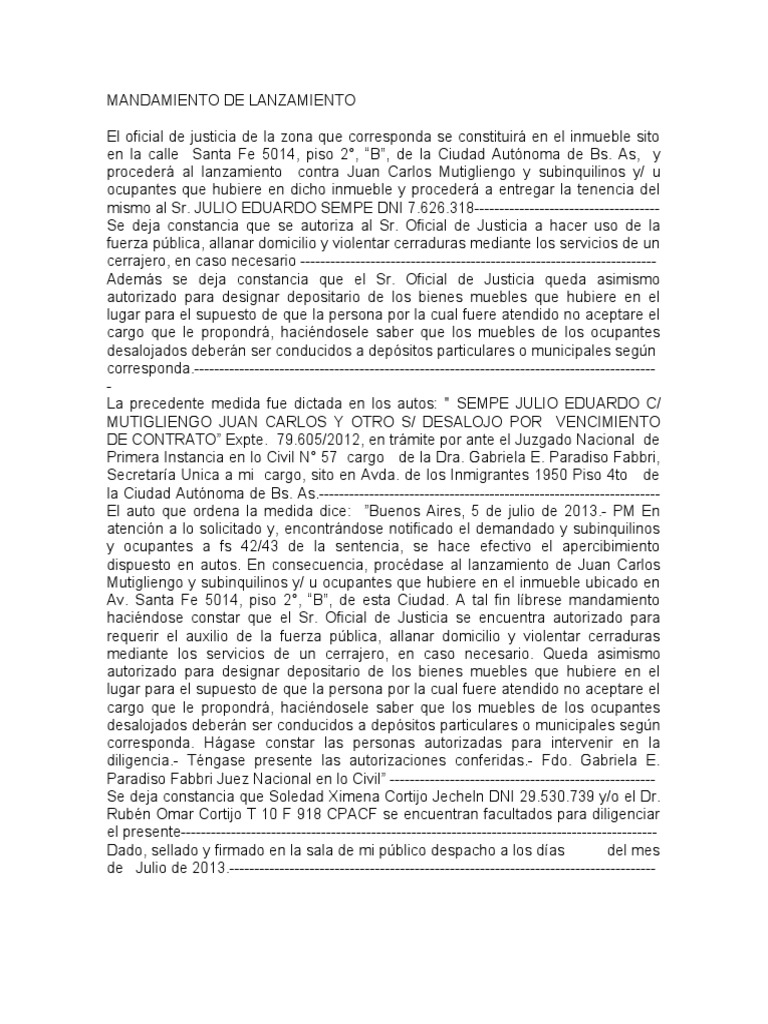Feminine noun. From the Latin sollicitūdo. In Legal and Business Spanish is a letter or document in which something is officially requested, an application form. The verb is solicitar. If you are applying for a job, the expression is rellenar una/la solicitud de trabajo. The same if you are requesting anything from an authority, e.g.: solicitud de exención contributiva, solicitar una exención impositiva.
If you are applying to the university, we use inscribirse en la universidad. Iscribirse infers that the application was accepted, in this case it would be better solicitar la inscripción en la universidad. If the U.K. is joining the EU, the expression is ingresar en la UE. The noun is el ingreso. If you are filling the application form to join a gym or a club, we use inscribirse en un gimnasio/un club. The noun is la inscripción. Please do not use aplicar para el gimnasio, etc., even if you hear it from your Spanish speaking friends. It is not just wrong, it also sounds awful.
Aplicar in Spanish has mainly two meanings 1. to put something on something else or in contact with something else and; 2. to employ, manage or put into practice a knowledge, measure or principle, in order to obtain a certain effect or performance in someone or something. In these cases the noun is la aplicación and the adjective aplicable: ley aplicable: applicable law.
Another way of saying ‘to join’ is the expression sumarse a; e.g.: Suiza se sumó a las sanciones de la UE contra Rusia y congeló los activos de Putin: Switzerland joined the EU sanctions against Russia and froze Putin’s assets. As you can see, it is used to express the idea of joining an initiative or an action. dc
La palabra del día: Resolución
Feminine noun. From the Latin resolutĭo, -ōnis, and this one from the verb resolvĕre; form by re, and solvĕre, to unleash, to release, to finish.
In Legal Spanish resolución has three different meanings:
1. In resolución de conflictos, it means the set of techniques and skills that are put into practice to find the best non-violent solution to a conflict, problem or misunderstanding that exists between two or more people and even personal.
2. In resolución de contratos, it is a special effect product of the will of the parties or the judicial declaration by means of which a contract is null and void. It generally has retroactive effects and all future effects of the contract cease.
3. In resolución judicial, it means a sentence that puts an end to a conflict.
The verb in all cases is resolver.
As, you can see, we are always speaking about endings. dc
La palabra del día: Cumplir
Verb. From the Latin complere, to fulfil, to complete, to finish. Verb formed by the prefix con- (joint action) and the verb plere (to fill).
In Legal Spanish it means to do what one must or what one is obliged to do. It is used in expressions as cumplir un contrato o incumplir un contrato. Noun: el cumplimiento/incumplimiento de un contrato: fulfilment/breach of contract.
The verb cumplir is used also to say cumplir años and it is the root of the noun cumpleaños: birthday. Hoy cumplo años, hoy es mi cumpleaños. A curiosity: we cannot say el cumplimiento de años but el cumpleaños. dc
La palabra del día: Culpa
Feminine noun. From the Latin culpa, fault.
In Legal Spanish culpa refers to the omission of the due diligence, which implies that the resulting harmful fact motivates civil or criminal liability.
From culpa we have two different adjectives: a. culposo, as in delito culposo, which is an unintentional act or omission that causes harm to a person; in other words, it is a harmful act done without dolo, that is, without having a malicious intention of committing harm to another; and b. culpable, translated as guilty. dc
La palabra del día: Acción
Feminine noun. In Legal Spanish acción is the right to go to a judge or court seeking the protection of a right or an interest. A demanda is an acción judicial and the verb is accionar. The person is the actor or demandante (claimant) and the party that has been sued is called demandado.
In Business Spanish, acción is the title that represents an aliquot part in the capital of company and that gives the right to a proportional part in the distribution of benefits and to the corresponding patrimonial quota in the dissolution of the company. It is what in English is called a share. And a shareholder is an accionista. If we are speaking about shares of a SRL, we call them participaciones, and the shareholders are called socios. dc
La palabra del día: Mandamiento
Masculine noun, from mandar, to command.
In Legal Spanish, a mandamiento is the document in which a judicial order is written to be sent to whom it may concern. It is not the order itself but the document or the piece of paper where that order is written to be enforced.
For example, a judge, in a sentence, orders an eviction (un lanzamiento), then:
1. The lawyer of the interested party writes the mandamiento to be sent to the person who is meant to be evicted and quotes the part of the sentence where the eviction is ordered.
2. The same lawyer leaves the mandamiento in the reception area of the court to be checked and signed by the court secretary, not the judge, because the secretary is also a notary.
3. Once the mandamiento is checked and signed, the lawyer collects it and takes it to the Oficina de Mandamientos y Notificaciones. All the above is called diligenciamiento del mandamiento.
4. The Oficina de Mandamientos y Notificaciones is formed by oficiales de justicia, each one of them covers a specific territory of the judiciary department. The oficial de justicia chooses a slot and informs the lawyer when the eviction is going to take place. The lawyer may or may not decide to go.
5. The day of the eviction, the oficial de justicia may require the help of the police force or a locksmith.
We call the oficial de justicia ‘cartero de lujo‘, luxury post person, because they have very wide power to make their job.
On another note, the ten commandments are called in Spanish los diez mandamientos; but that is not legal. dc








